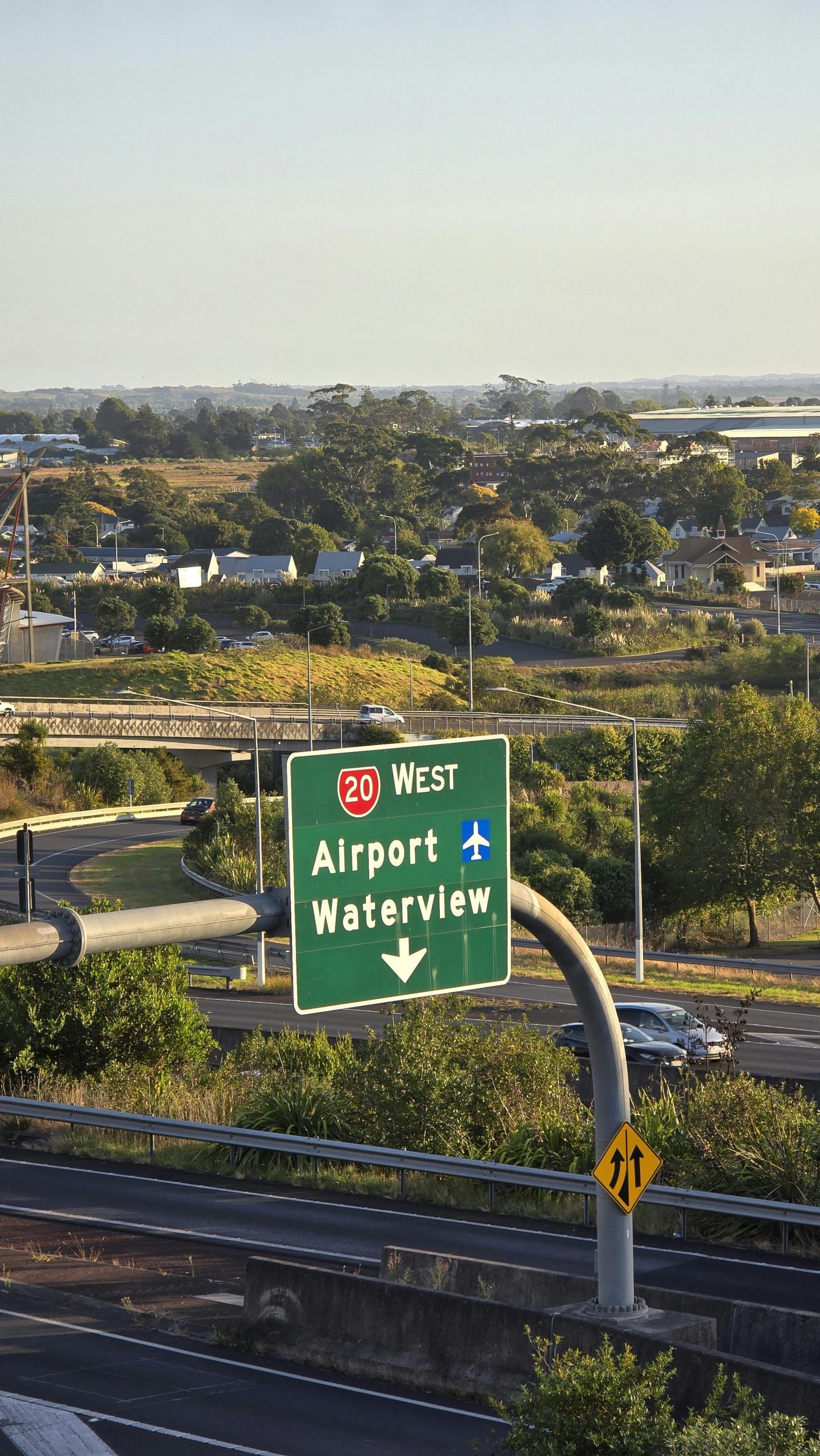Understanding Post-Accident Vehicle Troubles: What To Do When Repairs Go Awry
Experiencing a rear-end collision can be stressful enough, but complications can arise even after the initial accident is resolved. Recently, a vehicle owner faced an unexpected challenge: their car, after being repaired following a rear-end collision, refuses to start, and the insurance provider is refusing to accept responsibility for the new issue.
The Incident and Repair Process
The owner was involved in a minor rear-end collision and promptly filed a claim with the at-fault driver’s insurance. Once liability was acknowledged, the insurance company directed the owner’s vehicle to an authorized repair shop, focusing on fixing the rear bumper and backup camera. The repair process encountered delays, but eventually, the vehicle was deemed ready for pickup.
Unexpected Post-Repair Issues
However, upon retrieving the vehicle, the owner discovered that it would no longer start. The repair shop diagnosed an electrical wiring problem, but notably, they denied responsibility for this new issue. They advised that the owner must arrange for towing and pay for any repairs independently. This was particularly alarming because prior to the collision, the vehicle operated perfectly—no electrical concerns, just the damaged rear components.
Insurance Denial and Next Steps
After attempting to involve the at-fault party’s insurance, the response was dismissive, asserting no further liability. As a result, the owner is left with a non-functional vehicle, an unexpected electrical complication, and a towing bill—all stemming from a collision and repair process that has taken a turn for the worse.
Legal and Professional Advice
In such situations, vehicle owners should consider several steps:
- Document everything: Keep detailed records of all communications, repair reports, and diagnostics.
- Obtain independent assessments: Have a trusted mechanic evaluate the electrical issues and determine possible causes.
- Review insurance policies: Understand coverage limits and dispute processes.
- Consult a legal professional: If the insurance company or repair shop denies responsibility unjustly, legal advice may be necessary to pursue compensation.
- Consider small claims court: If damages are within permissible limits, filing a claim could be an option.
Final Thoughts
When repairs following an accident lead to further vehicle issues, it can be incredibly frustrating and confusing. Understanding your rights and seeking appropriate professional guidance can help ensure you’re not left bearing the financial burden alone. If you find yourself in a similar situation, act promptly, document thoroughly, and explore all available avenues to resolve the matter efficiently.
Have you encountered a



